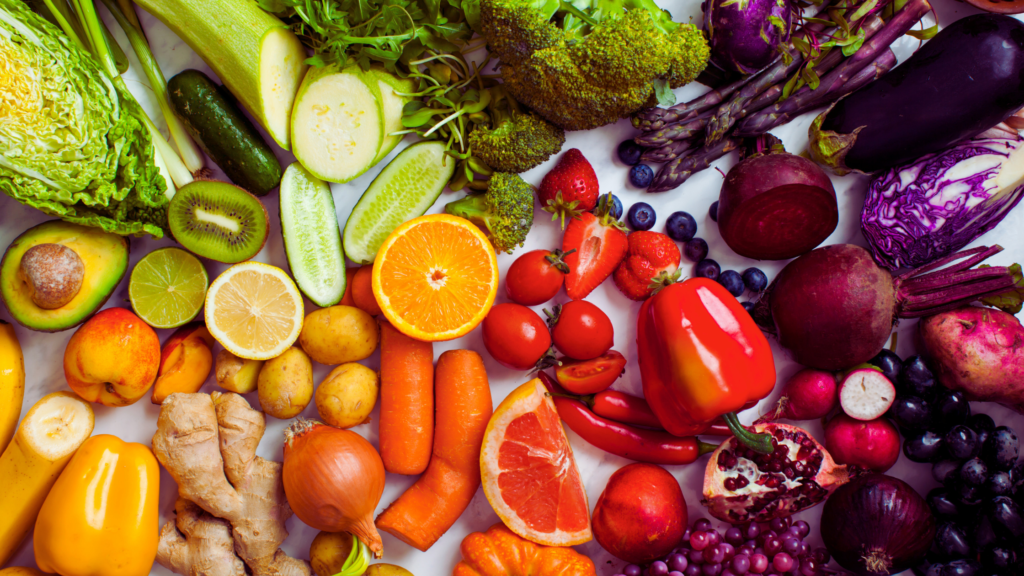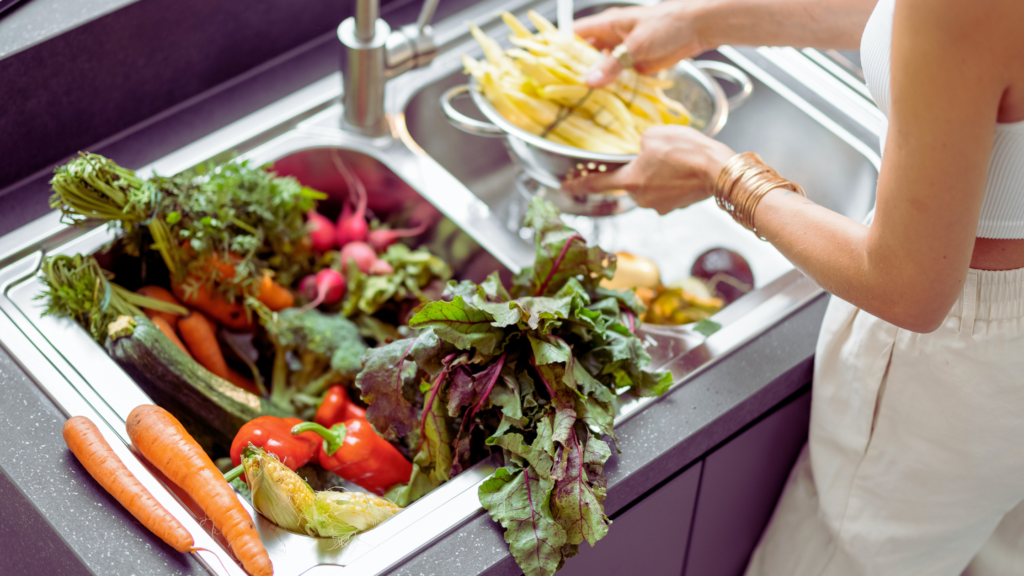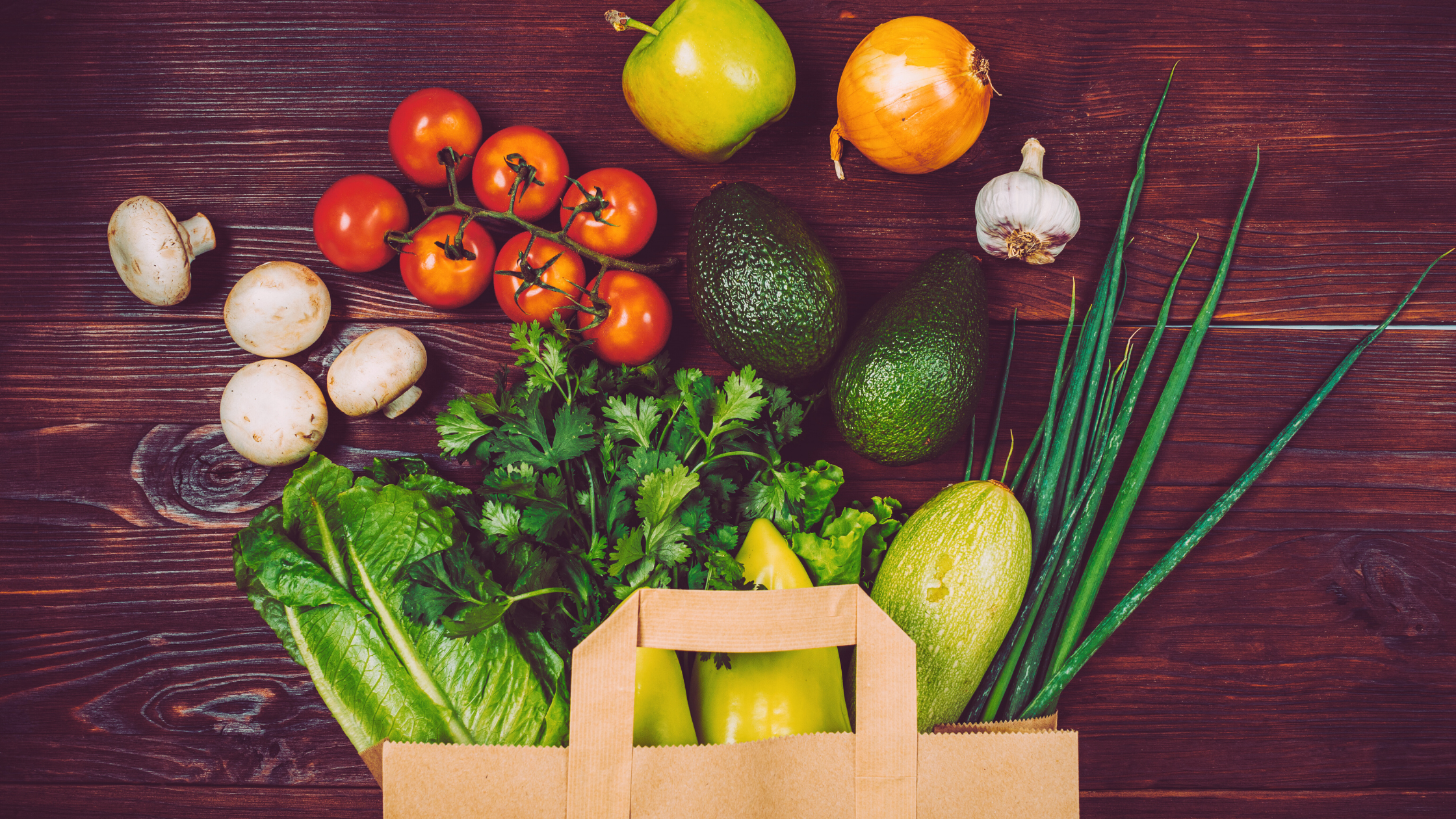A Guide to Prioritizing Your Produce
In today’s world, the choice between organic and conventionally grown produce can be overwhelming. With concerns about pesticide residues, environmental impact, and nutritional quality, many consumers are left wondering which fruits and vegetables are worth the extra cost of organic. To help navigate this decision, we’ve compiled a list of the top items to prioritize buying organic, along with those where conventional options may be a lateral choice. Join us as we explore the “Dirty Dozen” and “Clean Fifteen” lists, uncovering the reasons behind their rankings and providing insights into making informed choices for your health.

“The Dirty Dozen” – Must Buy Organic:
Peaches
Nectarines
Apples
Grapes
Cherries
“The Clean Fifteen” – Ok to Skip Buying Organic:
Avocados
Sweet corn
Pineapple
Papaya
Honeydew
Kiwi
Mushrooms
Mangoes
Sweet potatoes
Watermelon

*Note: most links are clickable for easy purchase for high quality, no gmo seeds
Why Some Non-Organic Produce Carries Higher Amounts of Pesticide Residue:
Certain fruits and vegetables are more prone to pesticide contamination due to factors such as their thin skins, porous surfaces, or susceptibility to pests and diseases. Additionally, farming practices, including pesticide application frequency and methods, can vary among different crops. As a result, some produce items may accumulate higher levels of pesticide residues than others, posing potential risks to consumer health and environmental sustainability.
By prioritizing organic options for the “Dirty Dozen” items known to carry higher pesticide residues one can minimize their exposure to potentially harmful chemicals and support sustainable farming practices. Conversely, the “Clean Fifteen” list offers reassurance that certain fruits and vegetables, may have lower pesticide residues, making them suitable choices for those seeking affordable and accessible options.

Effects of Longterm Consumption/Exposure of Pesticide Residue:
Long-term exposure to pesticide residues has been linked to chronic health issues, including hormone disruption, reproductive disorders, neurological problems, and certain types of cancer. Additionally, pesticide residues in food may pose particular risks to vulnerable populations such as children, pregnant women, and individuals with compromised immune systems. Minimizing exposure to pesticide residues by choosing to buy organic produce and/or thoroughly washing and peeling conventionally grown (non-organic) fruits and vegetables can help reduce the potential health risks associated with pesticide exposure.
Washing produce thoroughly before consumption is important for removing dirt, bacteria, pesticide residues, and other contaminants. Here’s a great video on how to naturally and thoroughly wash your produce as well as other tips and tricks:
Now that you know what produce to buy organic and what not, make sure you are correctly storing it. Take a look at a recent blog post for more tips to optimize your kitchen and health habits: Produce Best Stored Outside the Fridge



